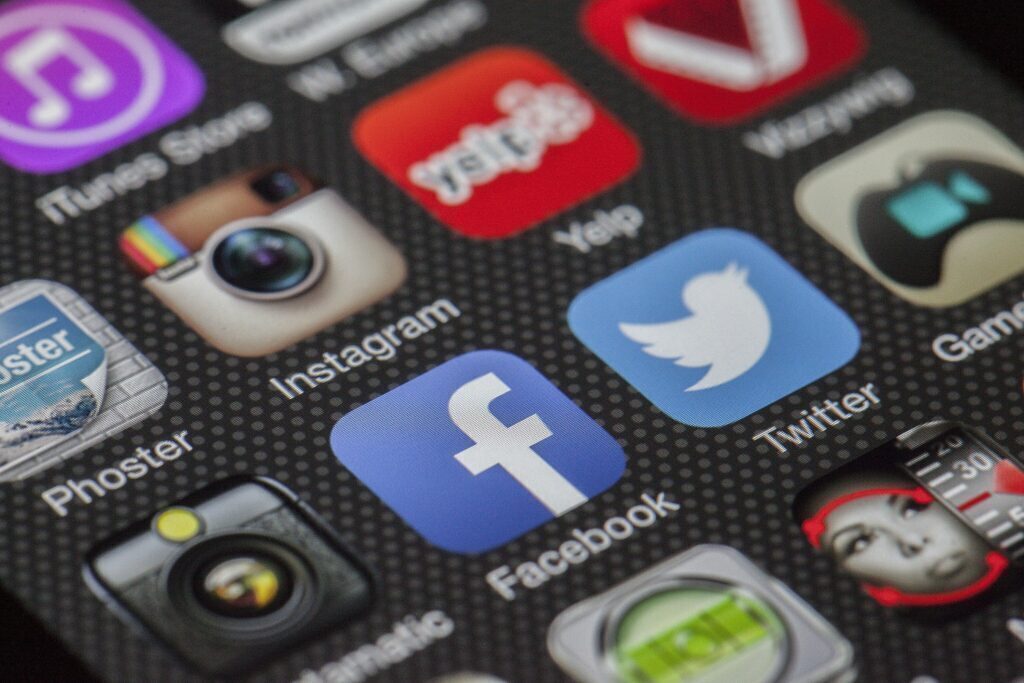Massive tech companies are among those taking a political stance on Russia’s actions against Ukraine. Most companies tend to stay apolitical, so this is a big step for the tech industry. Most companies removed the Russian news apps; Sputnik and Russia Today.
The largest tech companies, and how they are involved
Yesterday, Apple said that it is limiting the functionality of some of its services, like Apple Pay, in Russia. They’re also pausing product sales, in case Putin wanted a new iPhone. But Apple deal in half-measures, it also removed all Russian news apps, like Kremlin-backed Russia Today and Sputnik from its app stores in countries outside Russia. Similar to Google Maps, it disabled traffic patterns and live incident reports in Apple Maps in Ukraine.
Google also blocked the YouTube channels for Russia Today and Sputnik in Europe. They’re also throwing Russian state-funded publishers in a massive black hole on Google News.
Like Apple, Microsoft has removed Russian news apps from its international Microsoft app store and plans to change the algorithm on search results for Russian news outlets on Bing. There goes their search engine optimisation. They’re also banning Russian state-sponsored ads.
Social media-wise tech
When it comes to social media, Meta said it would restrict access to Russia Today and Sputnik in Europe. Chinese social media platform, TikTok, which is owned by ByteDance, has blocked the accounts of Russia Today and Sputnik as well. They might as well close for a bit.
Weibo, China’s Twitter-like service, said on 27 February 2022 that it had banned 10,000 accounts and removed more than 4,000 posts that ridiculed war and made a mockery of what was going on in Ukraine. Offensive posts also included “vulgar” ones that degraded Ukrainian women.
More on Apple
Tyson Barker, head of the Technology and Foreign Policy Program at the German Council on Foreign Relations, said that because Apple had a good relationship with Russian authorities in the past, this move is notable. Last year Apple also agreed to show an extra step during the setup process on iPhones sold in Russia that prompted users to download state-run apps. Apple compromised against its “core company values,” Barker says.
Sources: Wired; Business Insider




